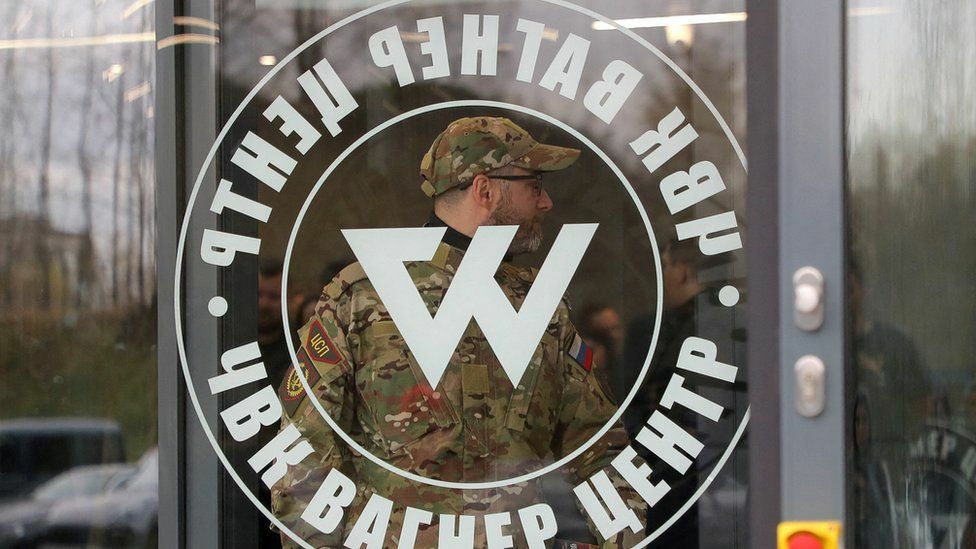Russia moves to control Wagner Group amid defence ministry infighting

A recent statement by Russia’s Deputy Defence Minister, Nikolai Pankov, has sparked tensions between the country’s defence officials and the Wagner Group, a private military organisation. Pankov announced that “volunteer formations” would be required to sign contracts directly with the Ministry of Defence, a move believed to target the Wagner Group. In response, the group’s leader, Yevgeny Prigozhin, declared that his forces would boycott the contracts.
The Wagner Group has played a significant role in the ongoing conflict in Ukraine, supporting Russian forces. However, Prigozhin has been involved in a public dispute with Defence Minister Sergei Shoigu and military chief Valery Gerasimov for months, accusing them of incompetence and deliberately undersupplying Wagner units in Ukraine.
In response to the defence ministry’s announcement, Prigozhin stated, “Wagner will not sign any contracts with Shoigu. Shoigu cannot properly manage military formation.” He maintained that his group was well integrated with the Russian military but argued that its effectiveness would be hindered by having to report to the defence minister.
While Pankov’s announcement did not explicitly mention Wagner or other paramilitary groups, Russian media has suggested that the new contracts are an attempt to bring Prigozhin and his forces under control. The defence ministry, however, claims that the move is meant to “increase the effectiveness” of Russian units in Ukraine.
Tensions between the Wagner Group and the Russian army have escalated in recent weeks. Last week, the group kidnapped a senior frontline army commander, Lt Col Roman Venevitin, accusing him of opening fire on a Wagner vehicle near Bakhmut. Venevitin was later released, and in a video shared by Russian military bloggers, he accused the group of creating “anarchy” on Russia’s frontlines by stealing arms and attempting to extort weapons from the defence ministry. Prigozhin dismissed the comments as “absolutely total nonsense.”
In December, the US estimated that the Wagner Group had around 50,000 troops fighting in Ukraine. The mercenary group has increasingly become an instrument of Russian state power globally, with its forces currently believed to be deployed in Mali, the Central African Republic, Sudan, and Libya.
Latest Thailand News
Follow The Thaiger on Google News:


























